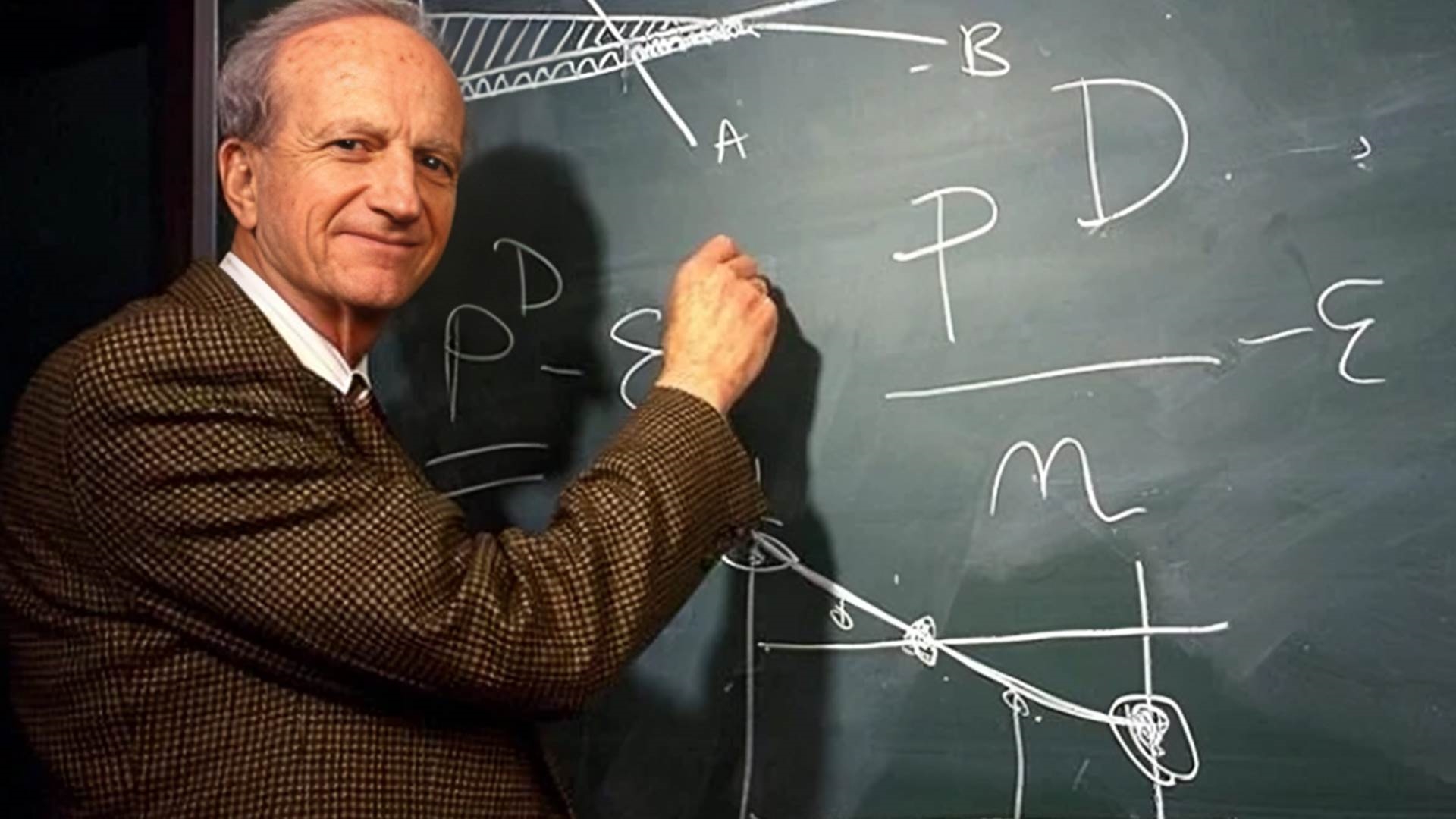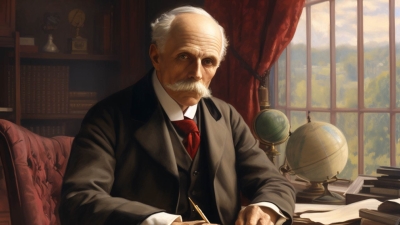Gary Becker, One of the most prominent economists of the twentieth century
Mai El-Kafoury

Gary Becker is one of the most prominent economists of the twentieth century. He is an economist specialized in free market from the University of Chicago, and was awarded the 1992 Nobel Prize in Economics, in recognition and appreciation of his research efforts in expanding economic theory into non-economic behaviors such as crime, marriage and divorce.
Becker was born in December 1930, in Pottsville, Pennsylvania, United States of America, and his father owned a small business after his departure from Montreal Eastern Europe with his family to the United States, and received primary and secondary education in Brooklyn.
He began his interest in mathematics during his high school period, in the framework of which he decided to go to the University of Chicago for Postgraduate Studies in Economics and was the first meeting in 1951 with Milton Friedman in the macroeconomic context.
Becker published a book in 1957, which included the first organized effort to use economic theory to analyze the employment and job impacts of minorities, and then moved to Colombia at the National Bureau of Economic Research.
In Manhattan he wrote a book on human capital, a natural product of the Office's first research project during which he also wrote a lot about the materials mentioned in time allocation, crime and punishment, and rational behavior.
Work began in Colombia at a workshop on economics and related topics, which included agriculture, and a few years later Jacob Mincer joined him, becoming co-director of the workshop, and together they wrote researches on human capital.
Becker returned to Chicago in 1970, and there he developed economic theory to try to understand birth rates and family size, that is, to look at the whole range of family issues: marriage, divorce and altruism towards other members, investing in children, and this was published in a series of articles in the 1970s.
Gary Becker continued to work on this subject a lot in the light of his attempt to understand the determinants of divorce, the size of the family, and the like, as well as the effects of changes in family composition and structure on inequality and economic growth, culminating in 1981 in a family thesis
He has received several awards as well as the Nobel Prize in Economics, most notably the Presidential Medal of Freedom, the John von Neumann Prize, the honorary doctorate from the University of Miami, and the National Science Necklace.
Gary Becker left our world in May 2014, at the age of 84, leaving behind an economic legacy that new generations are still learning from.













